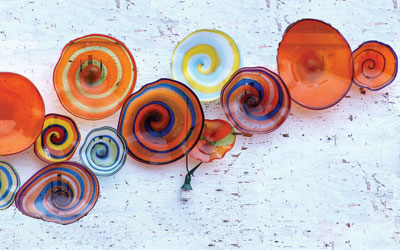All Nonfiction
- Bullying
- Books
- Academic
- Author Interviews
- Celebrity interviews
- College Articles
- College Essays
- Educator of the Year
- Heroes
- Interviews
- Memoir
- Personal Experience
- Sports
- Travel & Culture
All Opinions
- Bullying
- Current Events / Politics
- Discrimination
- Drugs / Alcohol / Smoking
- Entertainment / Celebrities
- Environment
- Love / Relationships
- Movies / Music / TV
- Pop Culture / Trends
- School / College
- Social Issues / Civics
- Spirituality / Religion
- Sports / Hobbies
All Hot Topics
- Bullying
- Community Service
- Environment
- Health
- Letters to the Editor
- Pride & Prejudice
- What Matters
- Back
Summer Guide
- Program Links
- Program Reviews
- Back
College Guide
- College Links
- College Reviews
- College Essays
- College Articles
- Back
My Social Media Detox
Symptoms of Facebook withdrawal include agitation, anxiety, increased tearing, insomnia, and decreased sociability. Subsequent symptoms of Instagram withdrawal: agitation, anxiety, more free time, and a better self-image. Ensuing symptoms of Twitter withdrawal: increased productivity, even more free time, a better self-image, and the ability to carry on a real conversation. Final prognosis: freedom.
In 2011, as the Facebook community reached 845 million, Twitter 100 million, and Instagram 15 million, I decided to disconnect. I could tell you that I was deterred by the false and unreliable information social networks spread (Since when is Britney Spears dead?); or that the government is conspiring, collecting all of our private information and using it against us; or that I wanted to keep a clean virtual profile for future educational and professional opportunities (although that wouldn’t be difficult with the life I lead). But my motivation was not quite so calculated. Deleting my accounts was an effort to reclaim my sense of self.
My self-image was conforming to how I was being perceived online, and my interactions—if you could even call them that—felt like social obligations. If you’re at the party, you’re expected to talk. Likewise, if you’re on social media, you’re expected to “socialize.” And if you choose not to participate in this almost around-the-clock interaction, you risk offending people. I reluctantly came to the conclusion that I wasn’t comfortable with how my virtual identity was starting to shape me.
For Millennials, it’s no exaggeration to say that deactivating Facebook, Twitter, and Instagram is going cold turkey. Other kids my age obviously have much harder decisions to make, but for my generation dropping and staying off social media is a formative decision that requires discipline. It made me appreciate two things: the challenge of committing to a lifestyle decision and the value of taking a “road less traveled.” In this case, it is the road almost entirely untraveled by my peers—and I can understand why. Disconnecting from peers and being on the outside isn’t easy. But after three years of being off social media, I am confident it was the right decision.
The hours I lost going down different rabbit holes have been replaced by more focused studying and more time to go for a run or pick up one of my favorite Malcolm Gladwell books (or maybe even 30 Second Anatomy—another geeky favorite). My interactions with people are more meaningful. The ability to listen and be present will be crucial to my success in the medical field. I’ve regained valuable intellectual capacity and can think more deeply, which will fuel the innovative thinking I will need for medical studies or research. I admit that social networking may have an important role in the advancement of the humanities and sciences, and I anticipate I will eventually have a LinkedIn account for professional use. But today, I’m free from the shackles of social media. My head is clear. My blood pressure is normal. My social media detox was a success.

Similar Articles
JOIN THE DISCUSSION
This article has 0 comments.
